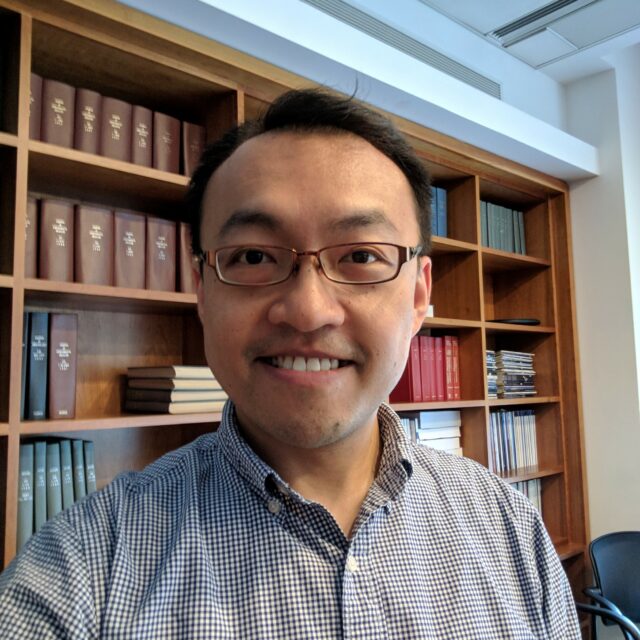Shin Foong Ngiow: The Key to Reviving Exhausted T Cells.

By studying the molecular mechanism of T-cell exhaustion, Shin Foong Ngiow, a cancer immunologist, hopes to find new biomarkers for immunotherapy.
One of the greatest challenges in cancer treatment is T-cell exhaustion. T cells—the body’s primary tumor-fighting cells—can lose their ability to seek out and destroy cancer cells when they become “exhausted” or habituated to the tumor over time. They display proteins on their membranes like PD-1 and CTLA-4, which act as immune checkpoints that turn down the dial on the immune response and suppress T-cell function.
Cancer immunotherapies like PD-1 checkpoint inhibitors block these receptors and their immune-suppressing effects. Several treatments that target these checkpoints have been approved by the FDA over the past decade and have shown great success in certain cancers. However, the treatments don’t work for everyone and can cause harmful side effects when they rev up the immune system too much.
In 2018, Ngiow, a postdoctoral fellow in the lab of E. John Wherry at the Perelman School of Medicine in Philadelphia, received a Momentum Fellowship from the Mark Foundation to investigate new promising targets for immunotherapy.
He is focusing on a T-cell inhibitory receptor called LAG-3. Like anti-PD-1 and anti-CTLA-4 checkpoint inhibitors that block the immune-suppressing surface proteins PD-1 and CTLA-4, blocking LAG-3 shows promise in reinvigorating the immune system. Ngiow is encouraged by recent results in clinical trials showing a PD-1/LAG-3 combination therapy is as effective as the currently approved PD-1/CTLA-4 combination and may be safer.
Ngiow says the LAG-3 combo is not only as effective as the standard treatment, but early clinical trial data has also shown fewer side effects. He is currently working in a mouse model to understand the precise mechanism of LAG-3 and how it interacts with other checkpoints like PD-1. He has found a new role for LAG-3 in the exhaustion of CD8 T cells and is planning to publish his results soon. He hopes to use these data to develop biomarkers that show who might benefit from LAG-3-targeted immunotherapies so that the promise of immunotherapy can reach more patients.



